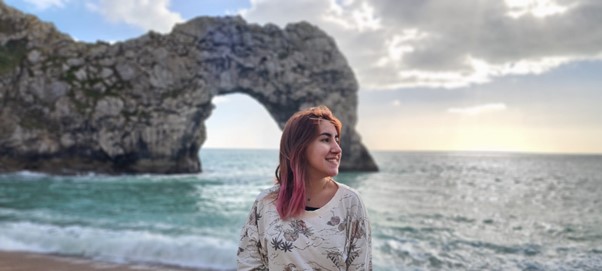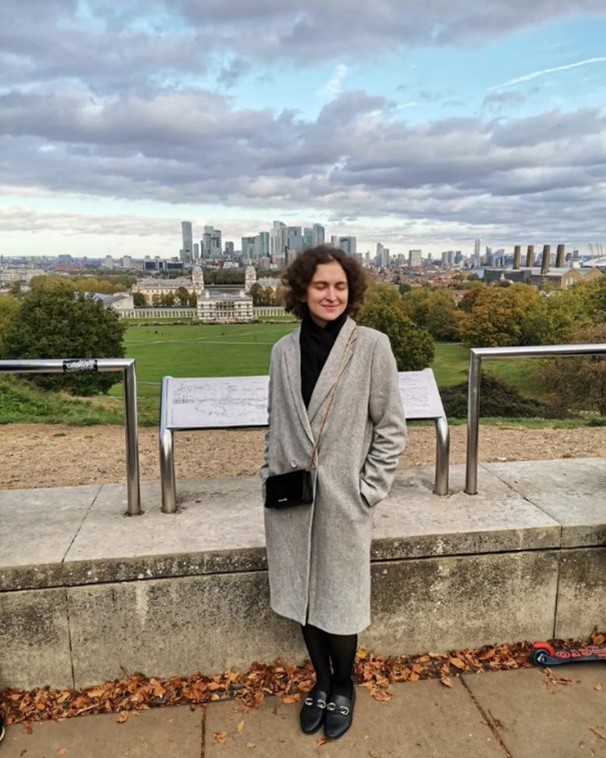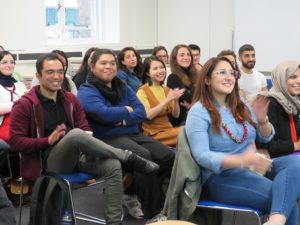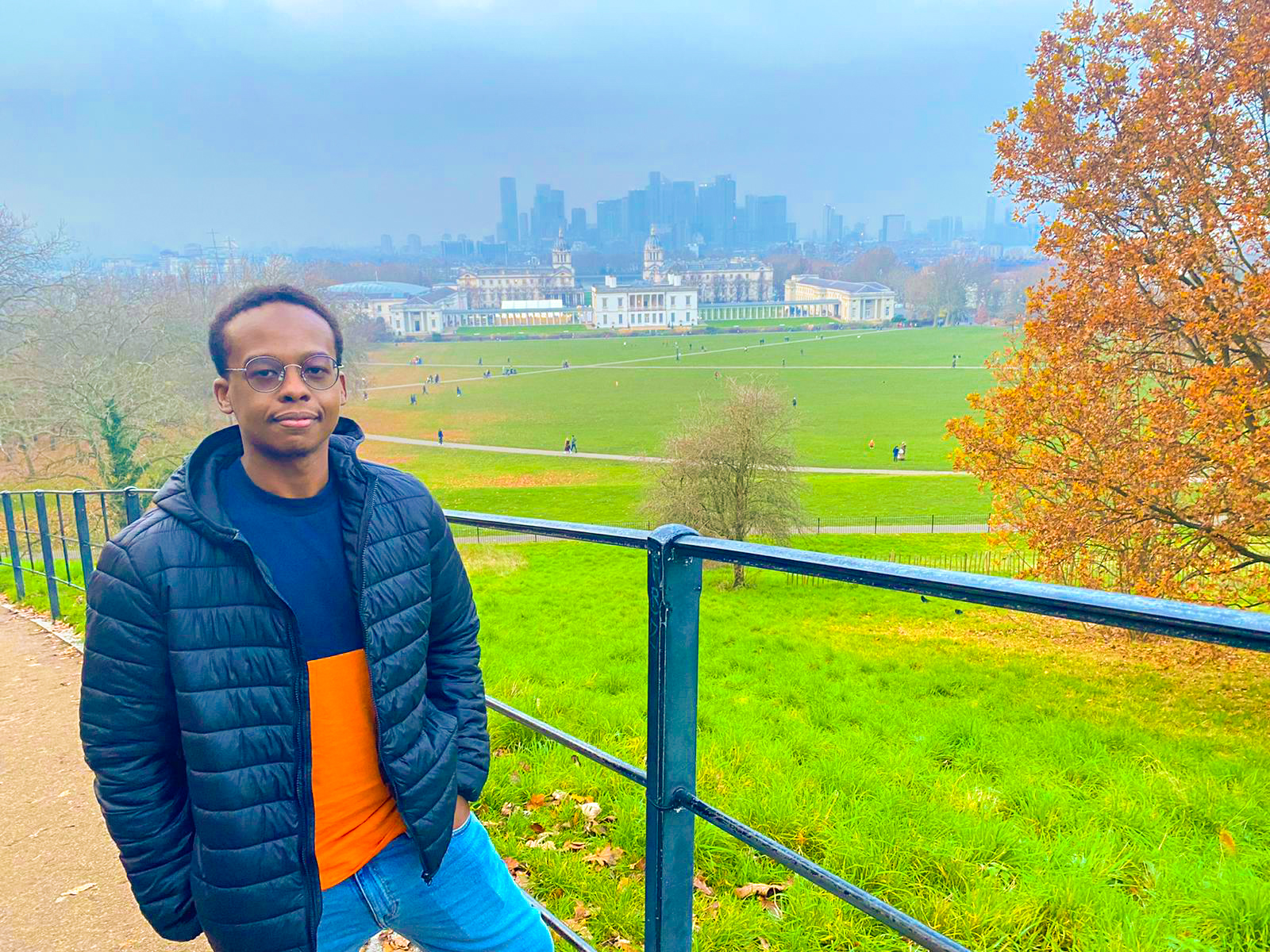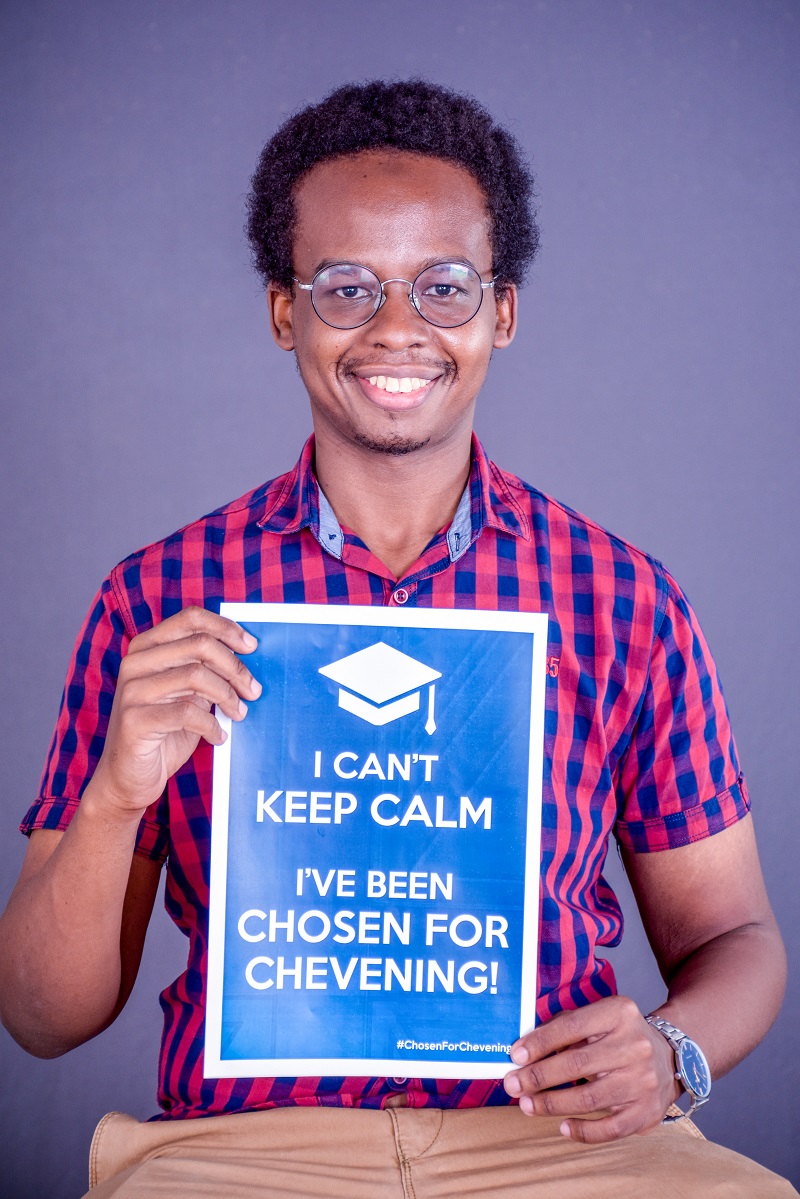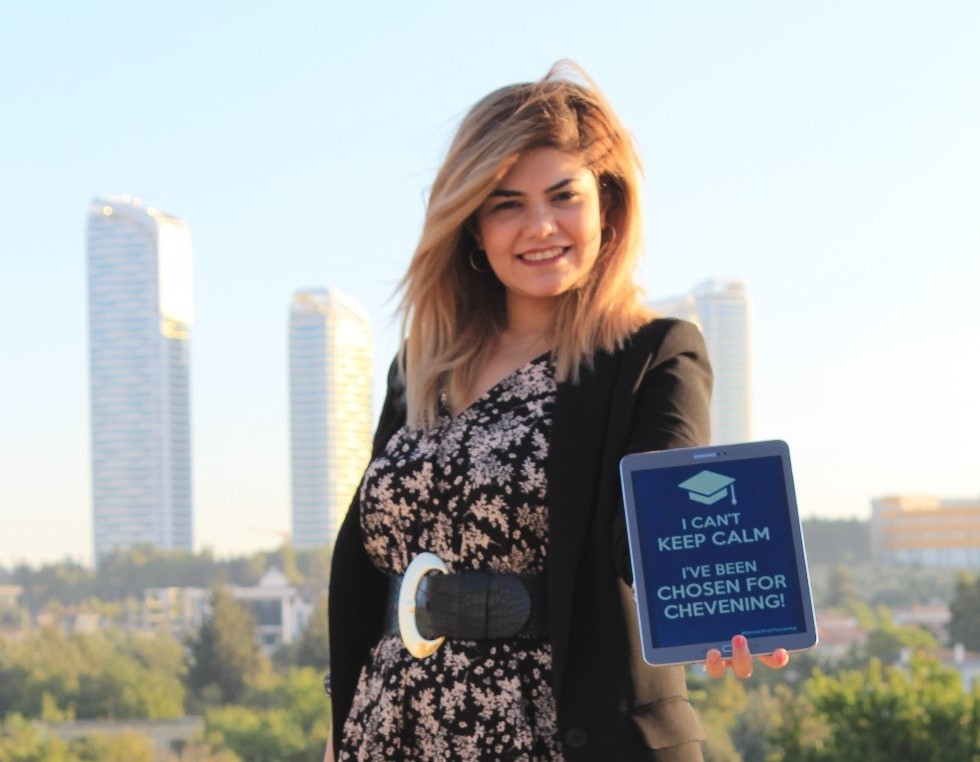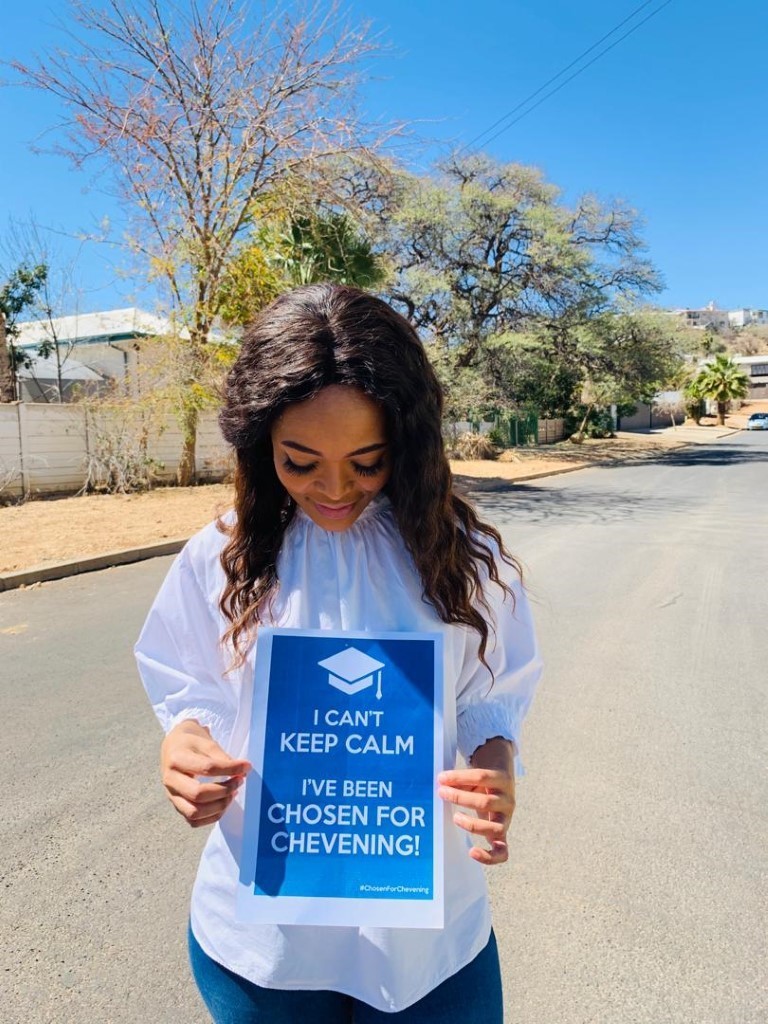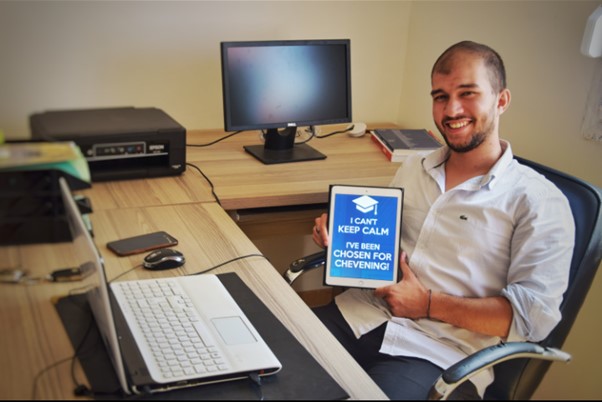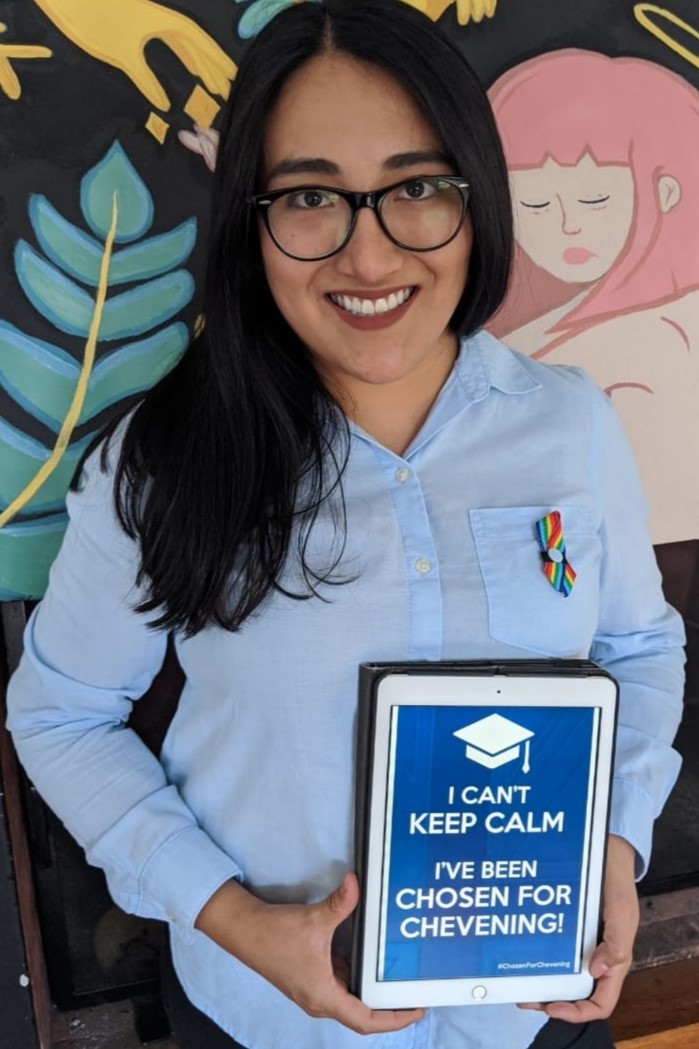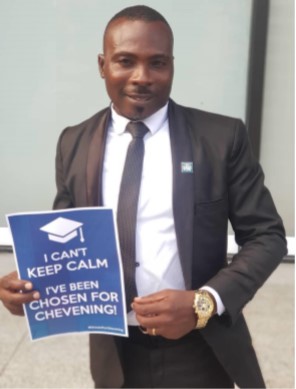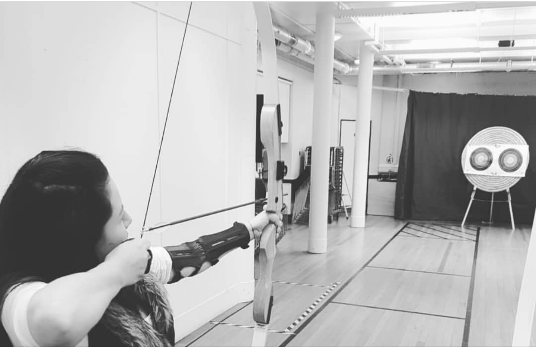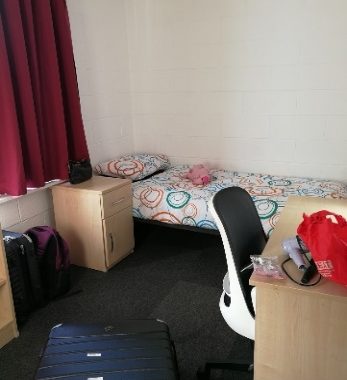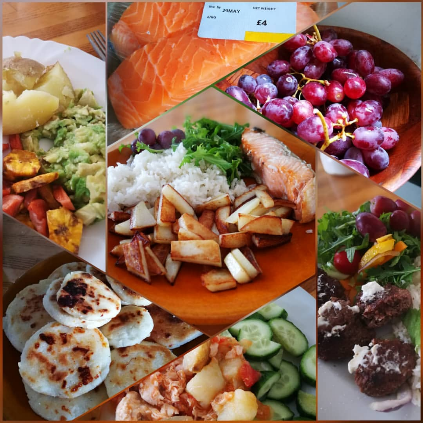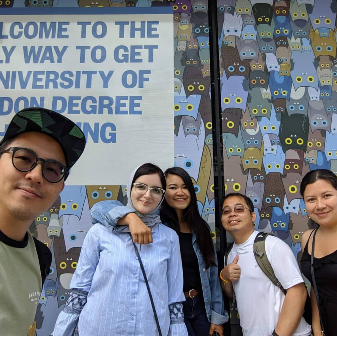Paraguayan Maureen Montania Ramirez, an MSc Health and Clinical Psychological Sciences student at Birkbeck, tells us about her experience applying for the Chevening scholarship.
When I decided to apply to Chevening I was at a point in my career where the training resources in my country were no longer sufficient for the dreams and goals I had in my head. I wanted to bring something different to my country and I felt that the only way would be to study in a first world country with the best universities in psychological research, that was for me the UK.
When I took this decision, I received immediate support from my boss who is also a born dreamer who had left the country for training and knew very well the longing I felt at that moment. She offered me her unconditional support and became my sole mentor from start to finish. This was the first and only time I applied to Chevening, I didn’t have high hopes of getting the scholarship because I knew thousands of stories of people who didn’t make it until the third attempt, or never. These were people I respected a lot and considered excellent professionals, so I said “I’m going to try, to at least gain experience and make it the third time”.
My mentor helped me to reflect in my essays who I am, what I dream of, how I move in this life and what I see on the other side of the horizon as a leader and social fighter. With her help, I was able to put all this into words, thanks to which I received the first great joy: the mail of being pre-selected for the interview. It had been a long time since I had felt so much hope, I started to believe in myself, that I could make it. I could already see myself at my university, making friends, learning in a lab and gaining thousands of experiences.
I feel that being charged with so much hope was the key to performing well in the interview. It’s worth noting that in March, when I was interviewed, I was going through one of the worst times of my life. My father was hospitalised for covid with his life hanging by a thread. I barely had a head to think. However, I knew that my dad, more than anyone else, believed that I could make it. A mixture of homage and hope led me to be energised and carry on a 40-minute interview that felt like 15 minutes to me. I had so many things to say, one idea led to another and I answered the questions with words that flowed on their own. The strength that moment gave me has no name. To this day I remember how complete I felt after the interview, when everything else in my life was falling apart.
Immediately afterwards I called my dad to tell him. It was a unique moment that I treasure to this day.
Shortly thereafter my dad returned home. The recovery was slow and challenging, but steady. Little by little he regained the light in his face, I did not leave his side for a second. So it was that when I received the mail saying that I had finally been selected, he was by my side. We jumped with emotion, we hugged, we cried, we screamed. I felt more alive than ever. I thanked him and my mom for everything they gave me, for having raised me with wings to always fly wherever I want, because without them I am nothing.
Months after the preparation of papers, suitcases and emotions, I had to say goodbye to my family at the airport, with a huge smile, hugging my Paraguayan flag and raising my arms high as if to take off once again, with the support of my pillars in this life. It filled me with joy to see my father’s face full of life, completely back, next to my mother and my brother. I boarded the plane with a suitcase full of dreams and hopes.
Today, almost a year after that interview, I still feel I have to pinch myself to remember where I am. What was a dream yesterday is now a constant reality. My life here is wonderful. Every day I learn something new- academically and socially, I discover new friends, new places, new lives. I am immensely happy and grateful. Chevening gave me everything and more than I expected. It transformed me.
Further information:
- Find out how to apply for a Chevening scholarship
- See Birkbeck’s Postgraduate programmes

